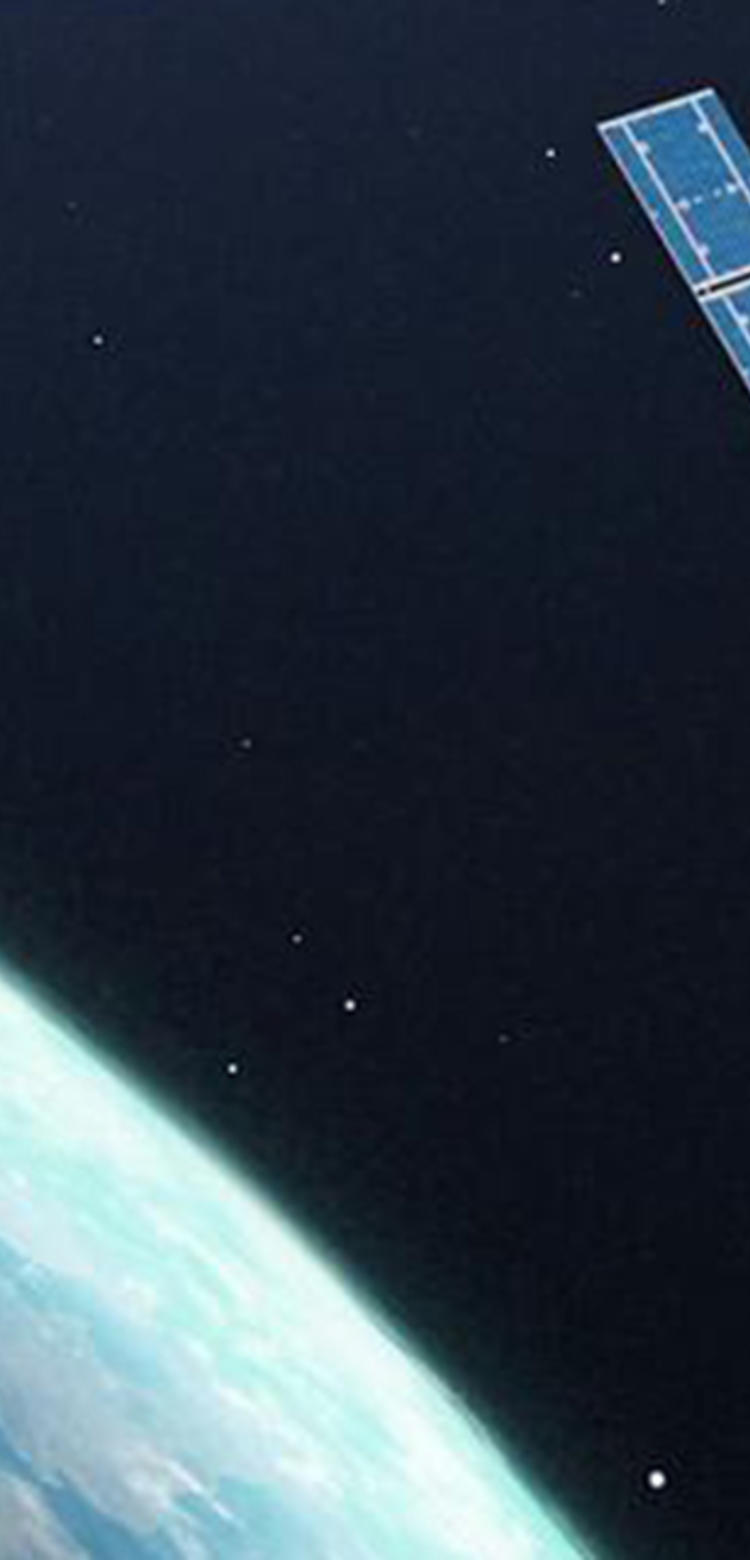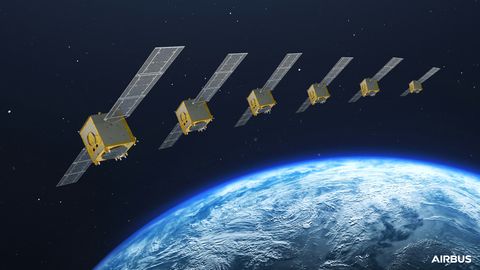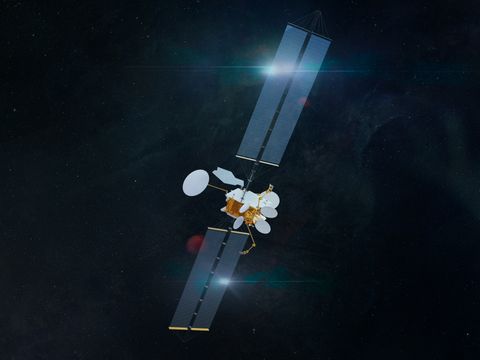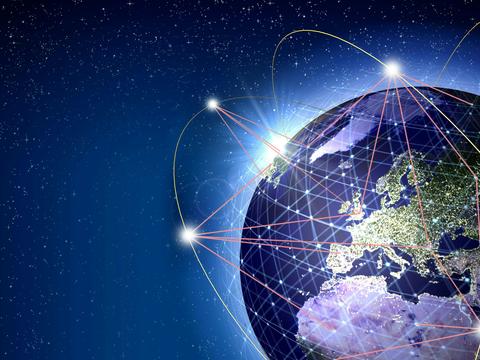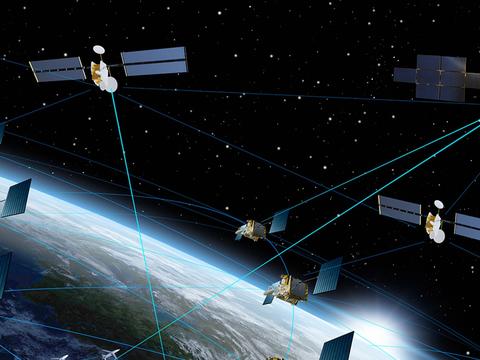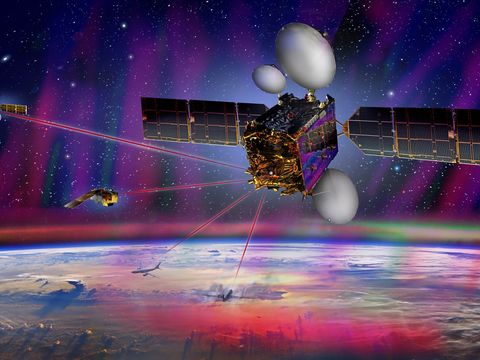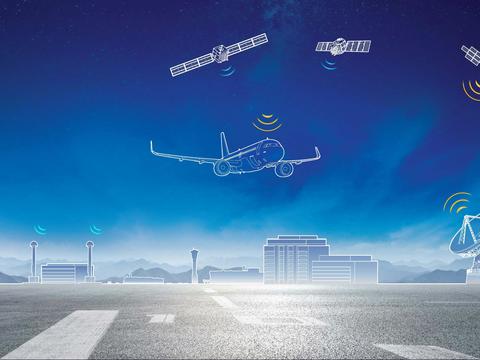Space technology for a better life on Earth
Navigation satellites enable us to calculate our exact position, speed and direction on Earth and in the air with unrivalled precision and accurately set the time on Earth.
Galileo data enables various satellite-based services and applications, in different sectors from maritime to agriculture and emergency response. It helps make transport safer and more efficient, it supports aircraft in critical operations such as take-off and landing.
Today, the system serves nearly four billion users worldwide and is used in a wide range of applications, from emergency services to agriculture and financial transactions.
Galileo is fully funded and owned by the European Union and unlike other GNSSs it is under civilian control, it provides Europe and European citizens with independence and sovereignty in the provision of positioning services. Most of its services are provided free of charge all around the world.
Galileo: The future of navigation on Earth lies in space
Europe’s Galileo navigation satellite system
The future of navigation on Earth lies in space. The Galileo navigation satellite system is moving to the next level – guiding billions of people, bringing enhanced services, more robust and more precise
Airbus at the forefront of the European Galileo system
Airbus engineers have played a central role in the Galileo satellite navigation programme since its inception.
Airbus provides essential system expertise to the European Space Agency (ESA), the European GNSS Agency and the European Union with the development of the first experimental spacecraft and the first fully representative satellites for the Galileo first-generation constellation.
All currently operational Galileo first-generation satellite navigation payloads were built by Airbus Defence and Space’s subsidiary Surrey Satellite Technology (SSTL).
Airbus’s role extends to supporting ESA and EUSPA during the Galileo exploitation phase, ensuring ongoing monitoring and development of the first-generation system.
Looking ahead, Airbus is leading efforts to support ESA's work on the definition and development of the next generation.
We are currently designing and manufacturing six second-generation spacecraft to take the global Galileo system to the next level.
In parallel, we are developing the third generation of the EGNOS system (European Geostationary Navigation Overlay Service), which will further enhance GNSS performance for safety-critical applications such as aircraft landing, or maritime navigation through narrow channels.
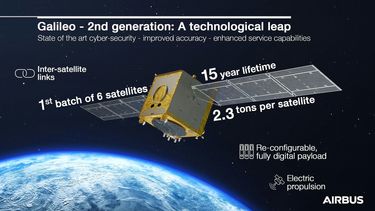
The latest Galileo news
-

Airbus alongside the French Air Force, yesterday, today and tomorrow
Web Story
Defence
Airbus supports the French Air and Space Force and prepares tomorrow's defence systems. -
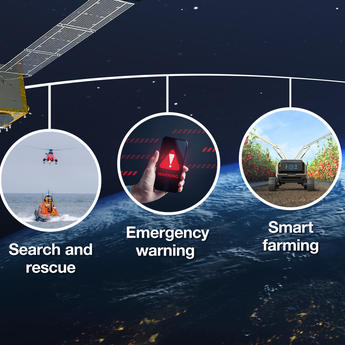
Europe’s Galileo satellites show the way
Web Story
Space
-
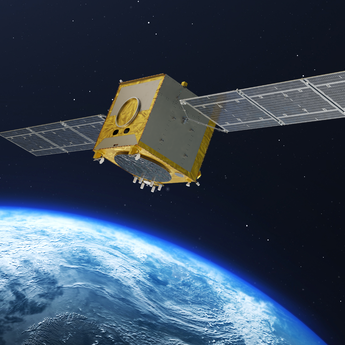
Airbus starts Galileo Second Generation satellite production
Press Release
Space
-

Tomorrow’s guiding stars for Europe
Web Story
Space
-
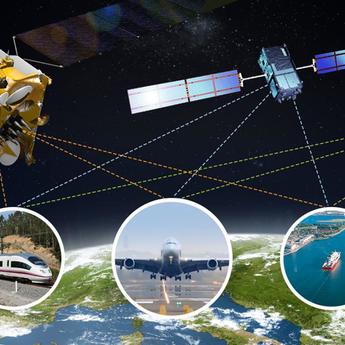
Airbus achieves key milestone on EGNOS European satellite-based navigation…
Press Release
Safety
